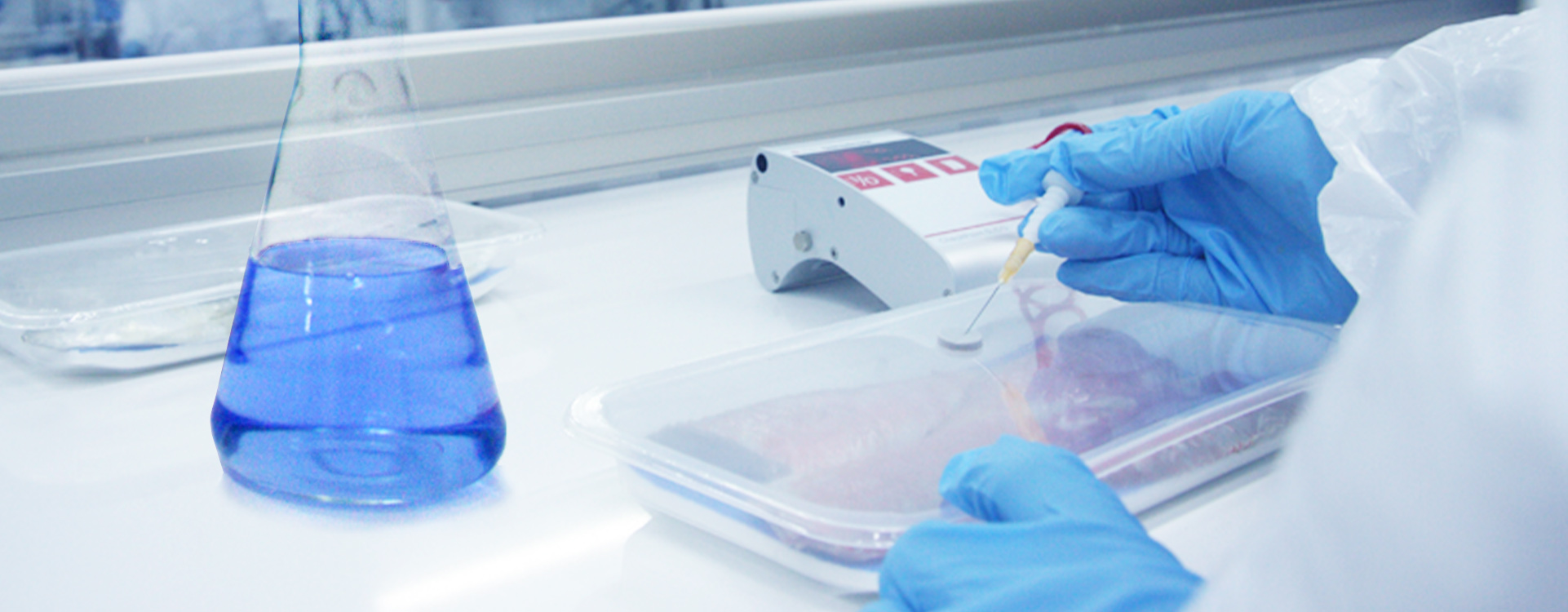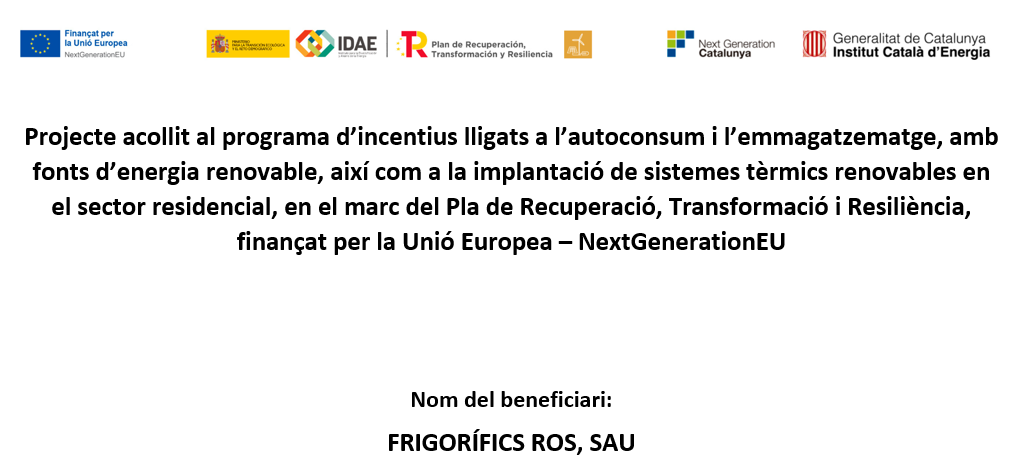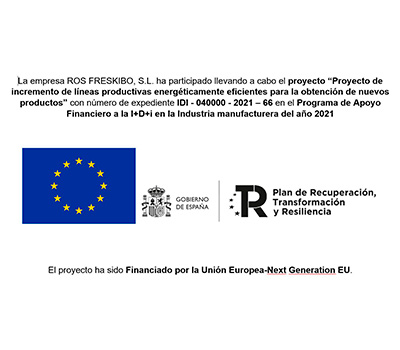’’Quality, the cornerstone of our service’’
All of the group's production, logistics, administrative and management processes are reviewed and subjected to continuous improvement programs that are aligned with business strategies of quality, sustainability and a circular economy.
Quality assurance at Grup Ros is based on exhaustive controls made up of a set of HACCP (Hazard Analysis and Critical Control Points) on all points of the supply chain, from raw material purchasing to shipment and also with food safety certifications IFS Food, sustainable wild fishery (MSC) and sustainable aquaculture (ASC).
-
INTERNATIONAL FEATURED STANDARDS (FOOD)
IFS Food is a food safety standard recognized by the Global Food Safety Initiative (GFSI) for food manufacturing companies. It focuses on food safety and the quality of processed food products.
IFS certification in the field of processed food, storage and distribution of fresh produce is a prerequisite to be able to offer a high quality product that brings a significant benefit to the consumer.
-
HAZARD ANALYSIS AND CRITICAL CONTROL POINT ANALYSIS
The HACCP is an internationally recognized system for the identification of food safety hazards and is based on a series of internationally adopted food principles and standards, as defined by the Codex Alimentarius.
-
MARINE STEWARDSHIP COUNCIL (MSC)
The MSC sets standards that follow international best practice guidelines for certification and ecolabelling, enabling traceability of sustainable fishery products throughout the chain of custody.
The objective of sustainable fishing is to maintain populations of marine species at levels that guarantee their own survival with environmentally friendly techniques that do not have a negative impact on ecosystems, promoting social awareness.
-
AQUACULTURE STEWARDSHIP COUNCIL
The Aquaculture Stewardship Council administers a certification and labeling program for responsible aquaculture that covers principles and criteria to minimize key environmental and social impacts in aquaculture.
NEWS
Blog and newsletter. Read more





